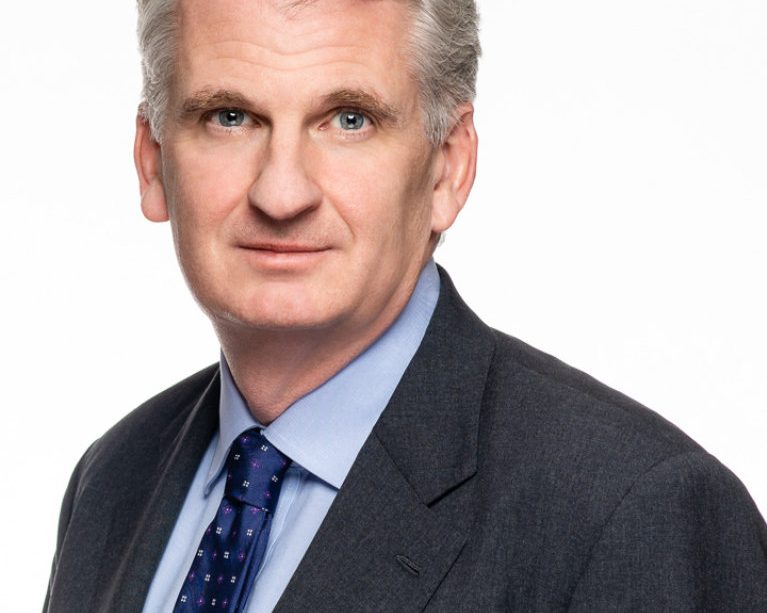Understanding the Work of Historian Timothy Snyder

Introduction
Timothy Snyder, a renowned historian and political analyst, has gained significant attention for his insights into modern politics, history, and human rights. His work has become increasingly relevant in the context of current global events, particularly in understanding the rise of authoritarianism and the erosion of democratic norms. With a keen focus on European history and the lessons it holds for contemporary society, Snyder’s analyses offer invaluable perspectives for readers navigating today’s political landscape.
Snyder’s Key Contributions
Snyder is a professor of history at Yale University, where he specializes in Eastern European history. One of his seminal works, Bloodlands: Europe Between Hitler and Stalin, examines the atrocities committed in Eastern Europe during the 20th century, shedding light on the complex interplay of totalitarian regimes. His exploration of these dark chapters in history emphasizes the importance of remembering and learning from the past to prevent similar occurrences in the future.
In his more recent book, On Tyranny: Twenty Lessons from the Twentieth Century, Snyder distills historical lessons into practical advice for citizens in democratic societies. His guidance is especially pertinent as many countries grapple with rising populism and nationalist sentiments. Snyder argues that knowledge of history is essential for recognizing and resisting authoritarianism—a theme he regularly emphasizes in public talks and interviews.
Recent Engagements and Influence
Timothy Snyder has been an active commentator on current events, utilizing platforms such as Twitter and op-eds in major newspapers to share his insights on political developments. He has voiced concerns over issues such as election integrity, media freedom, and the implications of misinformation in the digital age. His engagement during the COVID-19 pandemic highlighted the importance of trusting scientific discourse and the dangers of politicizing public health information.
Snyder’s work continues to resonate with audiences longing for clarity in an increasingly polarized world. He encourages citizens to remain vigilant and engaged in their democratic processes, advocating for education and critical thinking as essential tools in safeguarding freedom.
Conclusion
Timothy Snyder’s contributions to historical understanding and political analysis are more vital than ever. As societies worldwide confront formidable challenges, his scholarship serves as a reminder of the importance of history in informing present-day actions. By drawing on the lessons of the past, Snyder empowers individuals to foster a more informed and active citizenry in the fight against tyranny. For readers, the significance of Snyder’s work lies in his call to action: understanding history is not merely an academic pursuit, but a necessary step in defending democracy and human rights.









